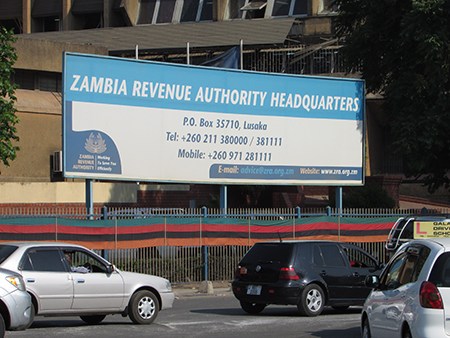• The budget has not performed as expected with regards to youth empowerment in the first half of the year.
• The performance of the budget has been below par.
• Throughout the first half of the year, the only visible empowerment is support towards bursaries to youths.
Civil Society for Poverty Reduction (CSPR) has observed that the K173 billion 2022 national budget has not performed as expected with regards to youth empowerment in the first half of the year.
Speaking in an interview with Money FM News, Organization Board Member Partner Siabutuba said the performance of the budget has been below par, based on the fact there were serious political pronouncements that the increased Constituency Development Fund (CDF) allocation was going to be disbursed and support youth empowerment programs among other activities.
Mr. Siabutuba noted that throughout the first half of the year, the only visible empowerment is support towards bursaries to youths that are going to Skills training schools, but that this alone does not necessarily amount to empowerment.
“The 2022 national budget with regards to youth empowerment, really its performance is below par. First of all I think we should measure it based on the fact there were serious political pronouncements, that for example CDF was released, increased and it was going to be disbursed and support among other activities youth empowerment programs.”
“ Throughout the first half of the year, the only empowerment we have seen maybe is support towards bursaries to youths that are going to Skills training schools, but that alone does not necessarily amount to empowerment, they have just started going to school to acquire necessary trade skills,” Mr. Siabutuba said.
He added that the expectation was that young people would have been supported with different programs and activities to enable them earn income that would reduce their economic vulnerability.
“This has not happened, we have not had meaningful investments at different levels for example, that would have seen introduction of industries and programs where young people would have been empowered with employment,” he noted.
Mr. Siabutuba further stated that citizens expect that something drastic is going to happen between now and the end of the second half of the year seeing that 2023 budget discussions have a tendency of over shadowing the previous budget commitments because the focus will now shift to next year’s financial plan.
He also observed that the hope that government has created is fading because young people do not seem to be able to hold this hope any further as the level of impatience is gripping the motivation that youths had earlier when the budget was being announced.
“We are getting into 2023 budget discussions and normally these conversations have a tendency of over shadowing the previous budget commitments because now the focus will be on the upcoming national budget. So we are expecting that something drastic is going to happen between now and the end of the second half of the year. Otherwise, the 2022 national will not have had the kind of impact with which it was presented in 2021,” he added.







